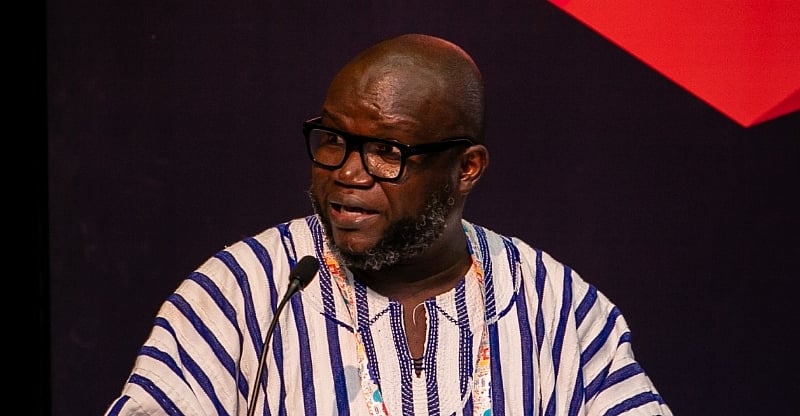Dr. Kenneth Ashigbey, the Convener of the Ghana Coalition Against Galamsey (GCAG), has publicly censured President John Mahama’s decision to amend rather than fully repeal Legislative Instrument (LI) 2462, a regulation that governs mining activities within Ghana’s forest reserves. Ashigbey’s disappointment stems from the perceived inadequacy of the proposed amendment, which he believes falls short of the President’s initial pledge to completely revoke the law and thus undermines efforts to combat illegal mining and protect the nation’s vital forest resources. He contrasted this with the swift and decisive action taken by the President to repeal the e-levy within a mere 82 days of assuming office, demonstrating a capacity for decisive action that is now seemingly absent in addressing illegal mining within protected forest areas.
LI 2462, formally known as the Environmental Protection (Mining in Forest Reserves) Regulations 2022, currently allows mining operations within forest reserves under the ambiguous provision of “national interest.” This provision has been a source of contention for environmental activists and civil society organizations like the GCAG, who argue that it creates loopholes exploited by illegal miners and undermines the very purpose of protecting these designated areas. Ashigbey contends that the proposed amendment, which primarily removes the President’s authority to grant mining permits in globally significant biodiversity areas, addresses only a fraction of the problem. He estimates that this amendment will protect only a marginal 10% of Ghana’s forests, leaving a significant portion vulnerable to the detrimental effects of mining.
Ashigbey’s critique highlights a fundamental disagreement on the scope and impact of the proposed amendment. While the government might present the amendment as a step towards stricter regulation, Ashigbey views it as a superficial gesture that fails to address the core issue of mining within forest reserves. He argues that the President’s original commitment to a full repeal targeted the protection of nearly 60% of Ghana’s forests, a significantly larger area than what the current amendment offers. The discrepancy between these figures underscores the perceived inadequacy of the government’s response in the eyes of environmental advocates. The debate thus centers not just on the legality of mining in forest reserves but also on the broader environmental consequences and the government’s responsibility to safeguard these vital ecosystems.
The contrast between President Mahama’s swift repeal of the e-levy and his hesitant approach to LI 2462 further fuels Ashigbey’s disappointment. The rapid action on the e-levy served as a testament to the President’s ability to enact significant policy changes when deemed necessary. This precedent sets a benchmark against which the current handling of LI 2462 is being measured, and the perceived lack of similar urgency in addressing illegal mining raises concerns about the government’s prioritization of environmental protection. Ashigbey’s remarks serve as a direct challenge to the President to demonstrate the same level of commitment and decisiveness in protecting Ghana’s forests as he did in fulfilling his campaign promise on the e-levy.
The crux of Ashigbey’s argument rests on the belief that amending LI 2462 simply doesn’t go far enough. He views the law itself as inherently flawed, arguing that the very notion of permitting mining within forest reserves, regardless of presidential oversight, is detrimental to the environment. The amendment, therefore, is seen as a mere tinkering with the edges of a fundamentally problematic policy. His call for a complete repeal reflects a desire for a more radical shift in approach, one that prioritizes the preservation of forest reserves above the potential economic benefits of mining. He advocates for a clear and unambiguous stance against mining in protected areas, a stance he believes is necessary to effectively combat illegal mining and ensure the long-term health of Ghana’s environment.
The ongoing debate over LI 2462 highlights the complex interplay between economic development, environmental protection, and political will. While the government might argue that regulated mining can contribute to economic growth, Ashigbey and other environmental advocates emphasize the irreversible damage caused by these activities, particularly within ecologically sensitive areas like forest reserves. The call for a full repeal of LI 2462 represents a plea for a more sustainable and environmentally conscious approach to resource management, one that prioritizes the long-term well-being of the ecosystem over short-term economic gains. The future of Ghana’s forests hangs in the balance, contingent on the government’s willingness to heed these calls and take decisive action to protect these invaluable natural resources.


